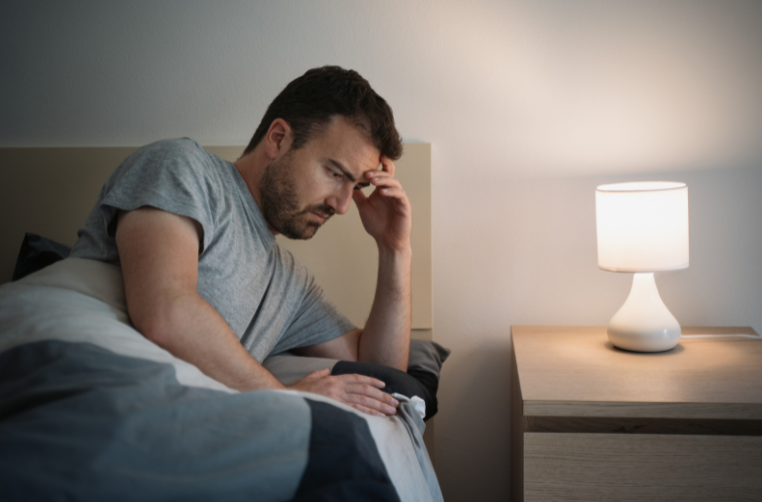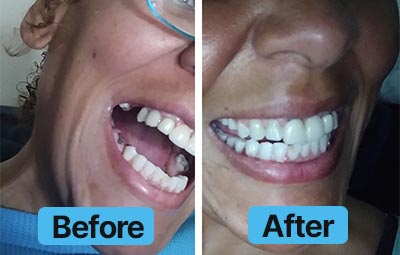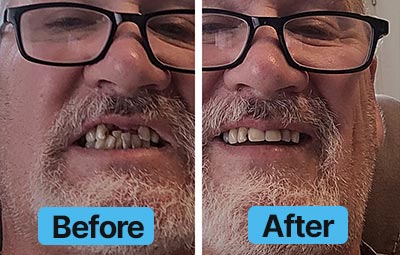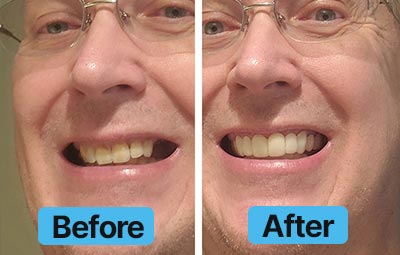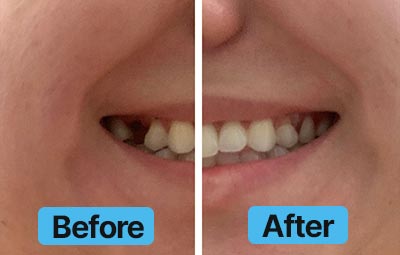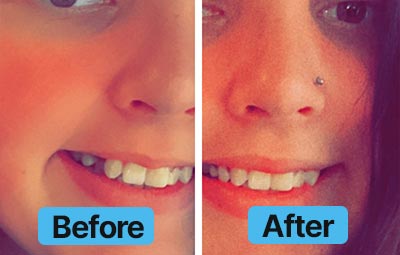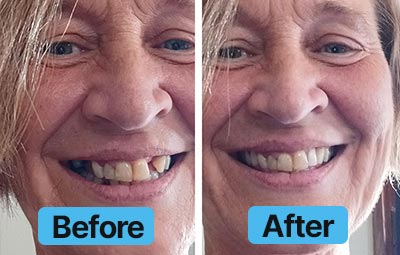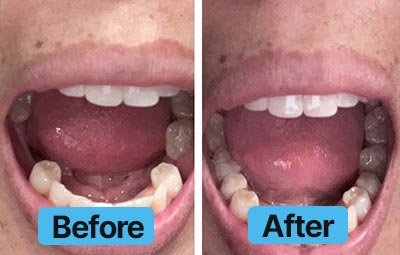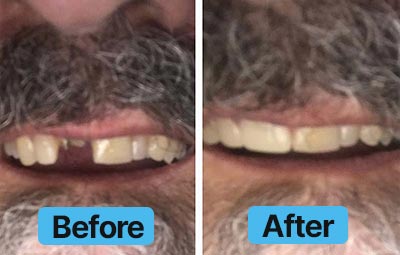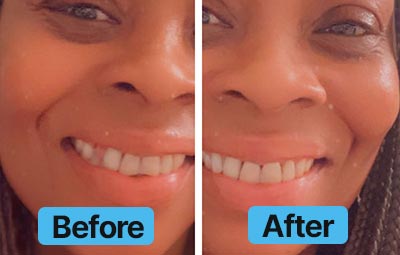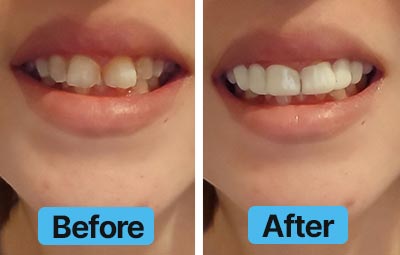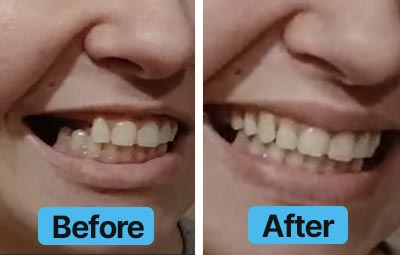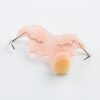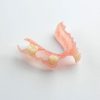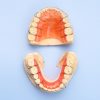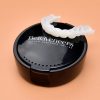If you find yourself waking up feeling groggy, achy, and tired you may be experiencing sleep apnea. Sleep apnea is a condition that effects sleep quality, resulting in health problems ranging from daytime fatigue to heart failure.
If you suspect you might be suffering from apnea episodes, talk to your doctor about getting a diagnosis. Although potentially harmful when left untreated, sleep apnea is a condition that’s highly treatable with proper care.
What is Sleep Apnea?
Sleep apnea is caused by an obstruction to the airway during sleep. This leads to a sudden disruption in oxygen flow and causes the individual to jolt awake. In general, apnea is the result of the soft tissues in the throat relaxing and blocking normal airflow. Apnea may also be caused by the tongue falling back into the throat and creating a blockage.
Symptoms
Sleep apnea symptoms vary widely between individuals, and may be difficult to identify if you’re struggling with other health complications. The best way to get an accurate diagnosis is to consult with your physician.
Symptoms include:
- Daytime fatigue and drowsiness.
- Trouble concentrating.
- Snoring.
- Gasping for air while asleep.
- Headaches.
- Irritability.
- Dry mouth upon waking.
What Causes Sleep Apnea?
Although there’s not one universal cause for sleep apnea, there are several risk factors that increase the likelihood of developing sleep apnea.
Weight Gain
Individuals who are overweight are more likely to develop sleep apnea. According to the Mayo Clinic, this is because fat deposits around the upper airway may obstruct your ability to breathe comfortably.
Alcohol Use
Excessive alcohol use has been proven to contribute to sleep apnea. Since alcohol is a sedative, excessive drinking causes the muscles and tissues in the neck to relax more while sleeping. This leads to a greater likelihood of obstructed breathing.
Smoking
Since sleep apnea is related to the entire respiratory system, it’s no surprise that activities like smoking increase the risk of apnea. Smoking causes inflammation in the throat and nose which can restrict airflow and intensify apnea symptoms.
Allergies and Congestion
Generally, individuals who suffer from allergies or persistent nasal congestion are more likely to experience sleep apnea. Congestion inhibits regular respiration and contributes to overall inflammation in the upper respiratory tract.
What are the Potential Complications of Sleep Apnea?
High Blood Pressure and Heart Issues
Severe side effects of sleep apnea include heart complications and high blood pressure. According to the Mayo Clinic, “sudden drops in blood oxygen levels that occur during sleep apnea increase blood pressure and strain the cardiovascular system.” This strain on the cardiovascular system can lead to high blood pressure, irregular heartbeat, heart attacks, and stroke.
Type 2 Diabetes
Sleep apnea may increase your risk of developing type 2 diabetes due to insulin resistance.
Fatigue
Experiencing chronic fatigue is one of the most common side effects in individuals with sleep apnea. This includes symptoms like falling asleep when trying to complete tasks, feeling drowsy throughout the day, lacking focus and energy, and feeling irritable or depressed.
Treating Sleep Apnea
Depending on your routine and lifestyle, there are many different treatment plans available to help address sleep apnea. These range from simple at-home remedies to respiratory surgery, so you should consult with your doctor to decide on the best treatment plan for your condition.
CPAP Machines
Continuous positive airway pressure (CPAP) machines are a great solution for individuals with more severe sleep apnea. These devices fit over the mouth and nose and pump pressurized air into the airway, preventing soft tissues from collapsing while asleep.
Lifestyle Changes
Sleep apnea caused by weight gain, alcohol use, and smoking can be improved by engaging in simple lifestyle changes. Embarking on a regular exercise routine, decreasing alcohol use before bed, and quitting smoking are all effective ways to improve your sleep quality and overall health.
Oral Appliances
Devices like MADs (mandibular advancement devices) and TRDs (tongue retention devices) are affordable and effective aids when it comes to treating your sleep apnea at home. MADs fit in the mouth and over the teeth similar to a retainer or bite guard, and change the position of the jaw to prevent soft tissues from collapsing in the throat. TRDs hold the tongue in place at the front of the mouth by attaching to the tip of the tongue and prevent the tongue from blocking the airway.
Finding Quality Solutions at Dental Lab Direct
At Dental Lab Direct we provide high-quality FDA-approved oral appliances designed to treat sleep apnea. Dental Lab Direct offers easy at-home ordering, so you can have your custom oral appliance delivered straight to your doorstep. With our 60-day satisfaction guarantee, it’s easy to find a comfortable, affordable, solution and improve the quality of your sleep.
 60 DAY warranty on all custom-made products | 1,000+ 5 Star ★★★★★ Reviews
60 DAY warranty on all custom-made products | 1,000+ 5 Star ★★★★★ Reviews